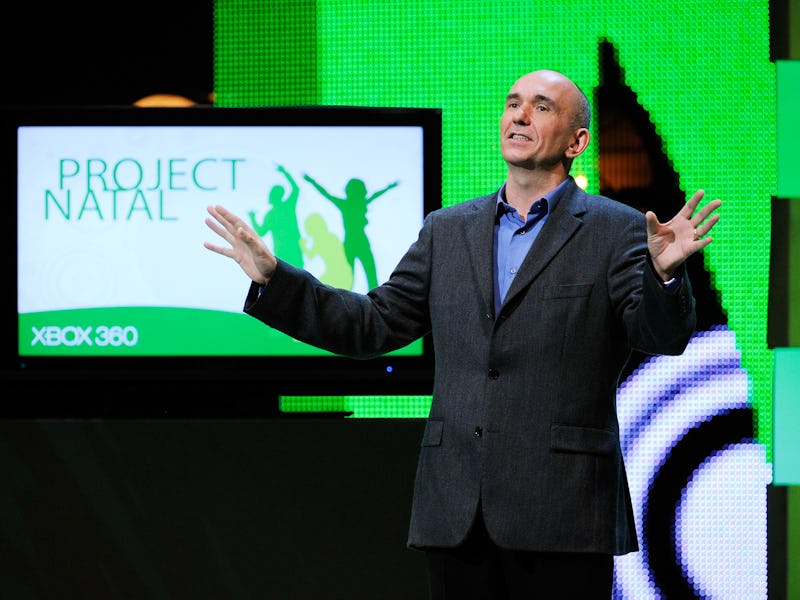Peter Molyneux's False Twitter Retirement Causes Mass Gamer Confusion
Fortunately, his Twitter account was merely hacked. Or was it?

The video game industry was forced into three minutes of self-examination today when legendary over-promiser and game designer Peter Molyneux appeared to announce his retirement and the withdrawal of his last video game, with apparent bitterness.
Peter Molyneux cancels 'Godus' and quits game development forever. Or does he?
Molyneux is famous for games like Populous, Magic Carpet, Black & White, and Fable, all of which promised the sun and moon, and delivered some pretty cool projects. His greatness is largely that he’s the kid who says, “What if you could do anything in a game!” and somehow gets funding to try it, over and over.
So, obviously, he deserves mockery! Peak Molyneux may have come when he promised that in Fable, an adventure game about a boy growing into a hero, the trees would grow over the years. Slight problem: that took up 15 percent of the processing power needed for the game. And peak attacking-Molyneux came last year, when Rock, Paper, Shotgun published an interview where they accused him of being a “pathological liar” for promising cool stuff in his video games.
'Black & White 2' – Molyneux games almost always focus on gods and worship.
The retirement tweets indicated Molyneux was fed up. The haters had won! Video games were losing one of their best talkers, biggest names, and actually a pretty good (if not as good as we wanted him to be) designer. Alas, as with Phil Fish, another developer was shoved out of the industry for the crimes of not being corporate enough and actually caring, with feelings and everything. But Fish, while talented, had only one truly great game under his belt, with Fez.
Molyneux, though, is a hall of fame-level talent, and if the industry can’t support him, is there something wrong with it? Is it worth examining a fan community that seems to turn on anyone who publishes a game that might not have a fully corporate-approved checklist? Or a games press that delights in calling out famous developers for not being able to fulfill every goal they publicly spoke about before release? Is there a corporate code of silence, forcing developers to become interview robots, unable to actually say anything interesting?
Is losing Peter Molyneux, no matter how weak his last game was, a disaster for the game industry? Are we punishing people for having personality and ambition? Having a heart? Maybe we don’t deserve Peter Molyneux, and he should pack up all his toys and go ho—
Oh.
Well then.
Everything’s fine, everyone! The game industry rules. Get back to work on Call of Duty: Tom Clancy Edition.